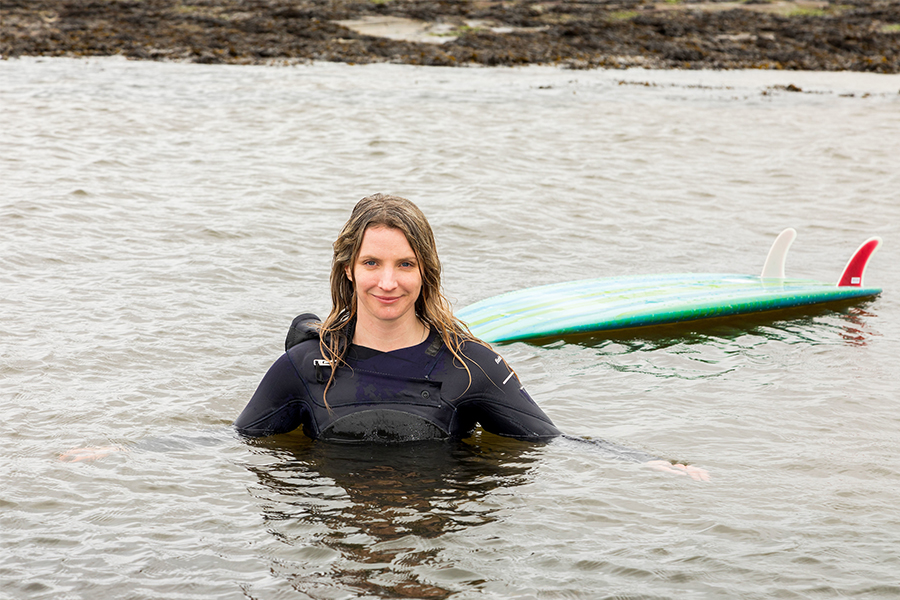
Featuring in SurfGirl from the early days, Easkey has over the years grown from a plucky, independent teenager to a well-respected writer, artist, public speaker, filmmaker and marine social scientist, with a PhD in Environment and Society. As Easkey has published a new book, we thought it would be a great time to catch up with her.

Easkey, you’re so many things, big wave rider, environmentalist, academic, writer, public speaker, what inspires you?
The ocean is my constant muse, never ceases to inspire awe and wonder. Everything I do in my life centres around my love for the ocean and how we might restore healthier relationships with our seas, coasts and waters, recognising how interconnected our well-being is with the health of this blue planet. I also have so many wonderful mentors in my life, like Irish artist Pauline Bewick, who has been a lifelong influence in my life. She reminds me how essential it is to always be curious, to nurture your creativity and to be unapologetically true to who you are.
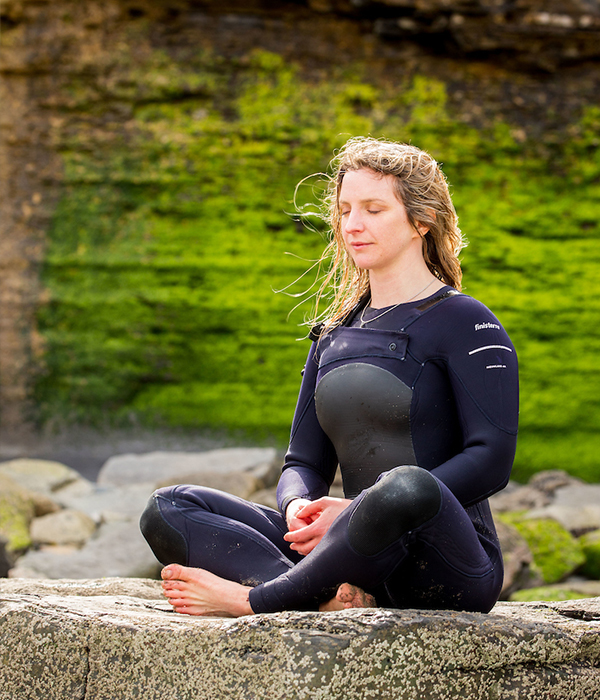
The theme of the book is about cycles of life, the ocean and menstrual cycles what draws you to these themes?
We’ve learned to believe a lie in our society – that we live in a dualistic world where nature and humans are separate. That nature is best understood by reducing it to the sum of its parts so we can better extract what we want from it. Not realising that we’re actually just cutting off parts of who we are. We are completely shaped and formed by Earth’s systems, by this living, breathing, animate Earth.
But our so-called modern, western society has taught us how to suppress bodily sensations and feelings, how not to listen to our body and the living world around us and instead we’ve defaulted into this chronic state of threat, our bodies only capable of a stress response.
This false sense of separation is at the core of the many problems we face. A cyclical approach to life is a return to our aliveness and wholeness. It’s how all of nature and life naturally moves, in cycles. Endless cycles of beginnings and endings, ebb and flow, death and rebirth. Embracing this perspective creates a process for understanding renewal, regeneration and the interconnection of all things. It also bites this toxic notion of ‘hyper productivity’ and the need to be ‘always on’ in the ass!

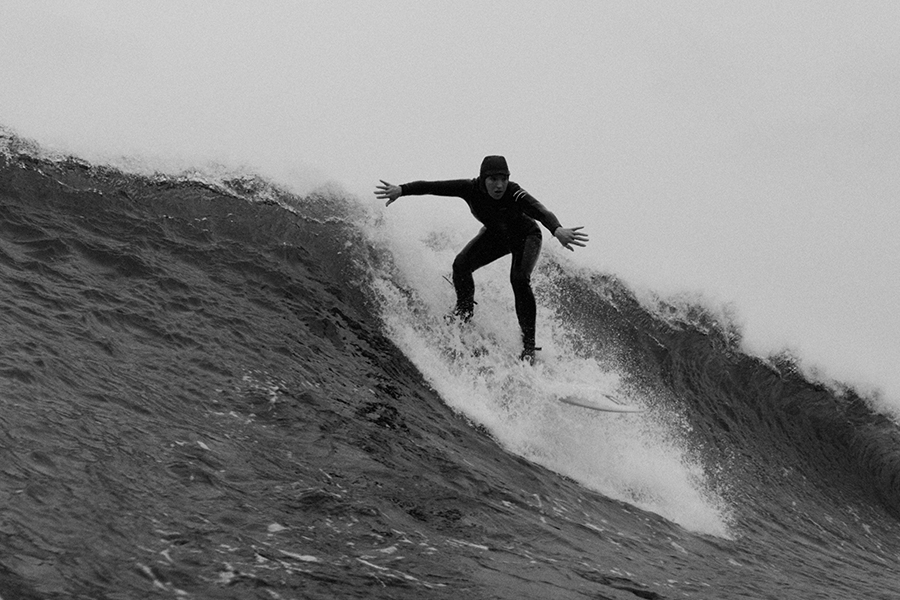
It’s a beautiful book how did you find the process of writing and any tips for up and coming writers?
It helps that I love writing. That said, it can be very hard to find and defend the creative space you need to write. I wrote most of the book in 2019 when I was full time in academia. For me, the process of writing felt very personal, almost cathartic, a creative release at a time when I was finding the very demanding, heady pressures of academia tough going. It’s possible to get a lot of writing done in ‘stolen hours’, getting up an hour or two earlier and starting to write before any of the distractions of the rest of life come flooding in. But I also found I needed time away, solitude, to do my best writing. A lot of this book was written on these retreats when I’d head off to a small island off the west coast of Ireland for a few days or a week at a time. The hardest part was getting out of my own way, finding a way to bypass my inner critic or tendency to self-censor or over analyse my writing. I found turning to poetry and drawing or sketching sources of inspiration and ideas were great ways around that and to find my flow again.

With everything going on do you get much time to surf these days, and where’s your favourite place to surf?
Surfing is my measure of success, if I’m not getting enough water time then something’s got to give! I’m lucky that my family and my partner surfs so a lot of our downtime is spent in the water together. Surfing has become more and more a source of pleasure and play for me. My favourite place to surf is still at home with my family on the west coast of Ireland.
What’s so special about surfing in Ireland?
It’s cold and powerful! There’s lots of evidence to support the health benefits of cold water immersion. Although in the middle of gale force storms in winter, my body using all its energy to stay warm and getting rag-dolled in the surf, I’m not sure it’s always the best thing for my body!

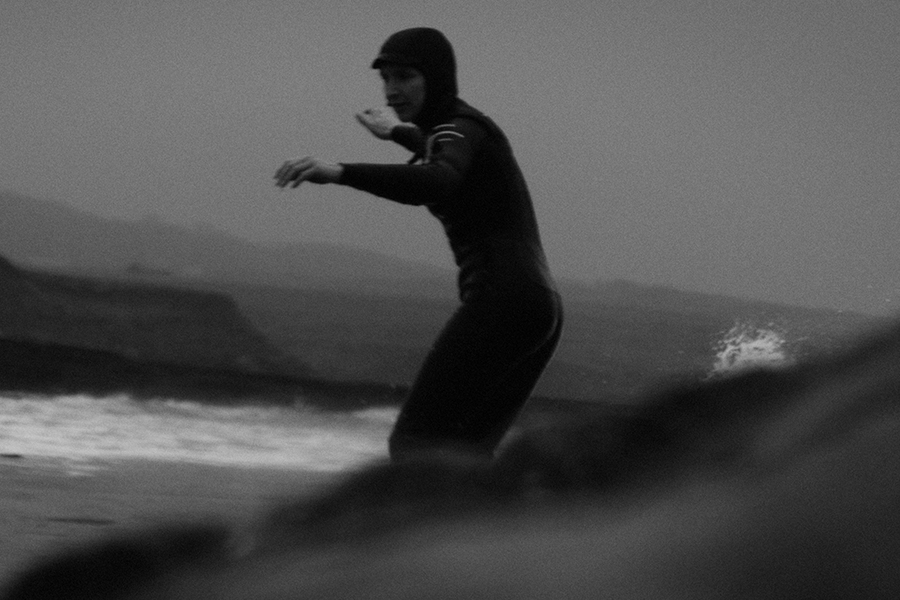
Any plans to tackle Mullaghmore this winter?
If my pal, South African big wave charger Tammy Lee Smith makes it over and lights a fire under me to get back out there, anything’s possible! I’d love to paddle out with another woman who has such a wealth of paddle experience at spots like Dungeons and Peahi. I’ve been missing having that kind of support and companionship in the big surf.

With COP26 raising awareness about climate change and the health of the planet, how hopeful do you feel about the future of the oceans?
The ocean is our future, without the ocean there’s no life. It’s the ocean and all that she does for us, that gives me hope. To quote Dr. Ayana Johnson, the ocean is not the victim but the hero in this story. There is finally an awareness of how vital a role the ocean plays in the climate system. This means that so many of the climate solutions also lie with the ocean. This does not mean there will not be terrible losses — there already are for so many species, ecosystems and communities. Our waters, seas, coasts and ocean are rapidly changing beyond imagining, perhaps forever, but this does not mean there is not hope.
I used to struggle with the word ‘hope’ until I cam across Rebecca Solnit’s book, ‘Hope in the Dark’. She describes how inside the word ‘emergency’ is ‘emerge’. An emergency is also a time when new things come forth, where old certainties crumble but there are always new possibilities. That’s why I feel like hope is a lot to do with how we embrace the unknown and is closely tied to imagination – the ability to see what might lie beyond, to remain awed by life.
What would you like to say to our world leaders leading up to the conference?
Do not be led by fear and small-mindedness, now is the time to open your hearts – listen to your children, be bold and brave. Be a good ancestor.
Get yourself a copy of Easkey’s latest book, “Saltwater In The Blood”, Watkins Publishing, £12.99
Easkey has also done a SurfGirl Live Q&A with us. You can find it on our IGTV.

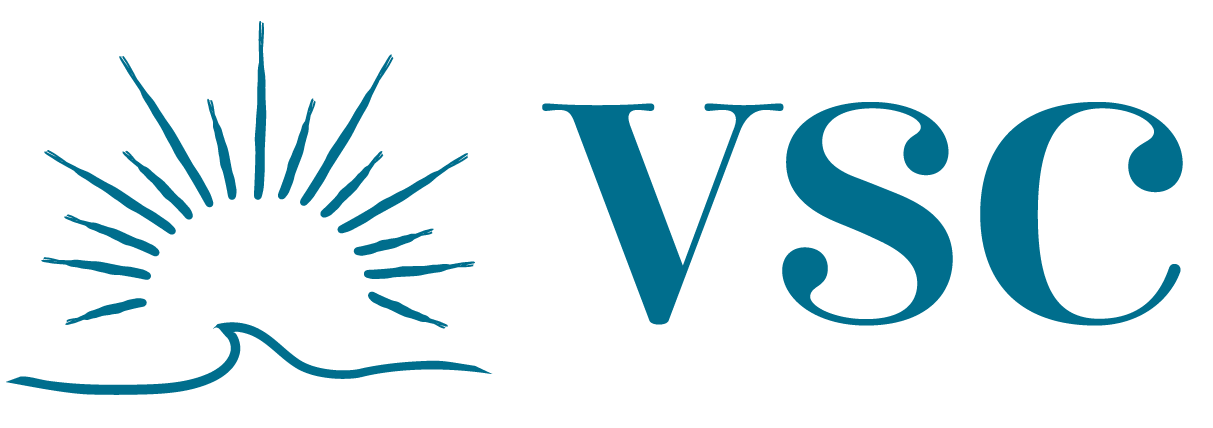
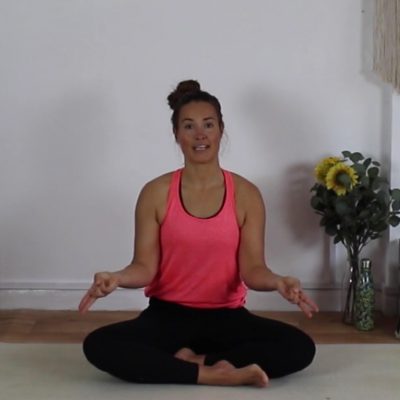
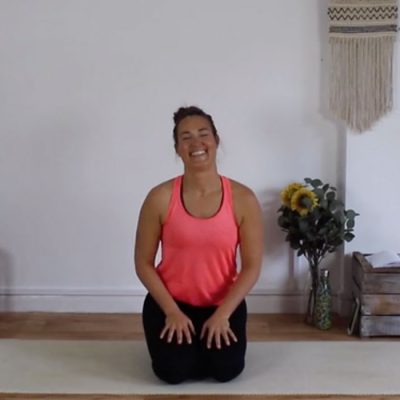
Recent Comments